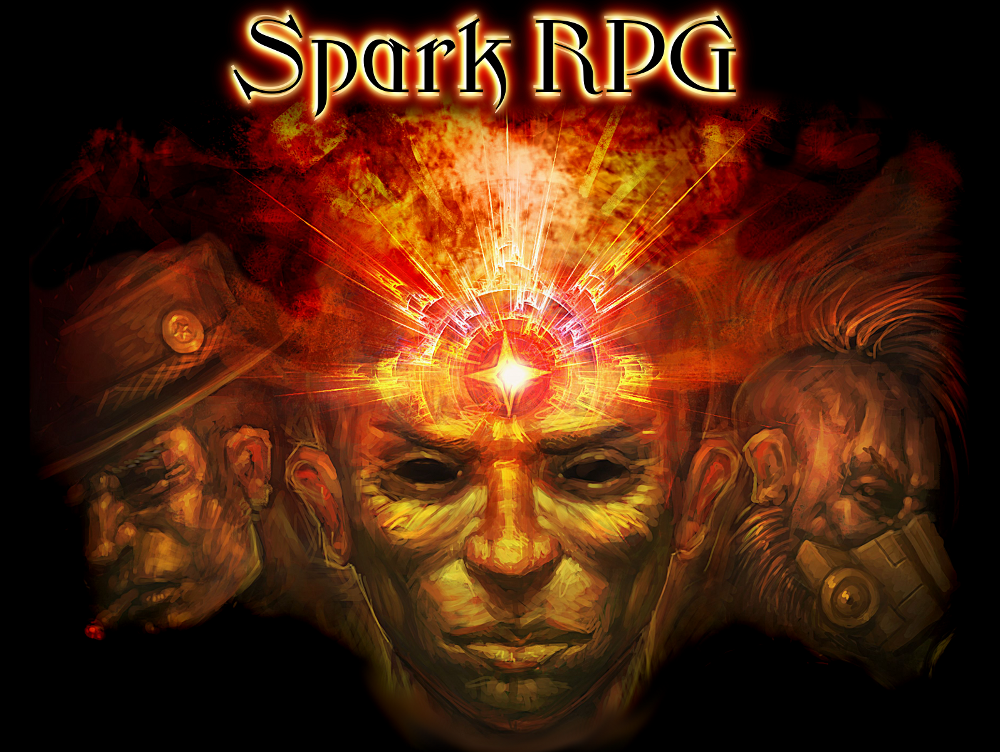I was among my people this weekend. The Game Design festival known as #Metatopia was a stellar success, with a robust panel schedule and some of the best playtesting I have seen to date. Beyond the practical matters, it was an opportunity to spend time with the many amazing folks in the gaming industry.
Panels:
Playtesting 101, with Rob Donoghue, was in the very first time slot of the convention and was to be heard by a select few. Despite the fact that we had two people recording the seminar, neither of our equipment worked out which meant that Rob’s wisdom was regretfully lost. The general take-away from this panel is that you need to test your games with diverse groups of people, be clear about what you are looking for, and minimize contact with playtesters as much as possible so you can get unbiased opinions.
Accessibility Issues for Game Designers, with Russell Collins, was probably the only panel that wasn’t an unqualified success. Unfortunately, we didn’t get anyone attending the panel, which meant we had to record the panel and hope those recordings would be appreciated after the fact.
Ebooks 101 with Joseph Bloch, went relatively smoothly. We discussed some of the advantages and potential benefits of the various formats, including what tools each of us use to publish our ebooks. Good overall.
Legalese: Copyrights, Trademarks and Patents with Justin Jacobson was certainly an example of me being over my head. Justin explained the basic of IP law with remarkable skill, and I tried in vain to contribute small tidbits that I had heard from other law seminars. Justin handled my ignorance with remarkable grace and gave the audience some really solid information.
Dangerous Mechanics: Rules That Looked Good On The Surface with Rob Donoghue, Will Hindmarch and Ken Hite might have been the highlight of the entire convention for me. I had originally suggested this topic because I noticed more focus on publishing rather than design. There was a great deal of meat to this discussion, including nominations for most Dangerous Game and Most Dangerous Designer of recent memory.
The other panels which I was merely attending were equally excellent, but there were too many to recount.
Playtesting my Games:
My first, crude game (Tell Me About Your Game) was obliterated during this hour-long focus group. Ryan Macklin, Will Hindmarch, Ken Hite and Ryan Shapiro gave me lots of accurate advice and by the end, I got a sense of the direction I should take in redesigning the game.
My second game (Posthuman Doorways) was an unbelievable success. I was incredibly lucky to get Joe McDaldno, Ryan Macklin, Joshua A.C Newman and another two gentlemen for this 3-hour game. It was, to be quite frank, the best playtest I have had in my life. During the very first playtest of this game, it produced the exact play experience I was hoping for. Character creation worked smoothly and created rapid investment, while the resolution mechanic caused the correct emotional reaction. The fine testers identified a dozen different areas where I can or must refine the game, and it will probably take me a month just to analyze all the feedback. Overall though, it gave me hope and confidence that it could be appreciated by others.
My third game (What Came Before: Rogues Gallery) was a case study in overcompensation. James Mendez Hodges and two other fine playtesters tried it out and suffered through the experience. I had managed to move out of my own comfort zone and design a straight-up traditional dungeon crawl with relatively elegant OSR-style mechanics. I had, however, entirely neglected the fact that the game should feature rogue-themed obstacles rather than generic D&D ones. Likewise, I had done nothing to establish story-telling elements or relationships between the focus character and her mentors. It’s a good thing that I have the relevant experience to be able to design solutions to those problems.
Other Playtests:
I got dragged into playtesting a card game titled “Political Capital” by Caddywampus Games and I am very glad I was! It was delightfully designed, with themes of politicking and lobbying. My biggest criticism was that it didn’t quite replicate the feeling of political parties, but rather felt like municipal councillors duking it out. This holds a great deal of promise and I hope to buy a copy next year.’
The second game I tested, along with +Darren Watts, was titled Red Letters. It was an ambitious game that hoped to merge the strong character identity created by Apocalypse World with the bizarre, swashbuckler aspects of Lady Blackbird. The gentleman who designed this showed great promise as a designer, but I fear that he wasn’t quite using the correct tools for the job. It is far too easy to fall prey to the temptation to make “anything possible” and avoid restrictions, but those restrictions often provide the very necessary focus that keeps designs together. I hope he continues his work and we didn’t discourage him too much.
The third game was Springfield, designed by Jim Pinto and presented by Caias Ward. It was a grabby premise, but it hit all of my “comedy” triggers which interfered with the designer’s intent to present a more serious social commentary. It was a fun experience though, and I appreciated the chance to play.
It will take me a week to recover and center myself after the whirlwind of excitement created by the amazing Vincent Salzillo, Avonelle Wing and Darren Watts. Thanks to everyone who made my weekend remarkable and gave me hope.
I needed that.

